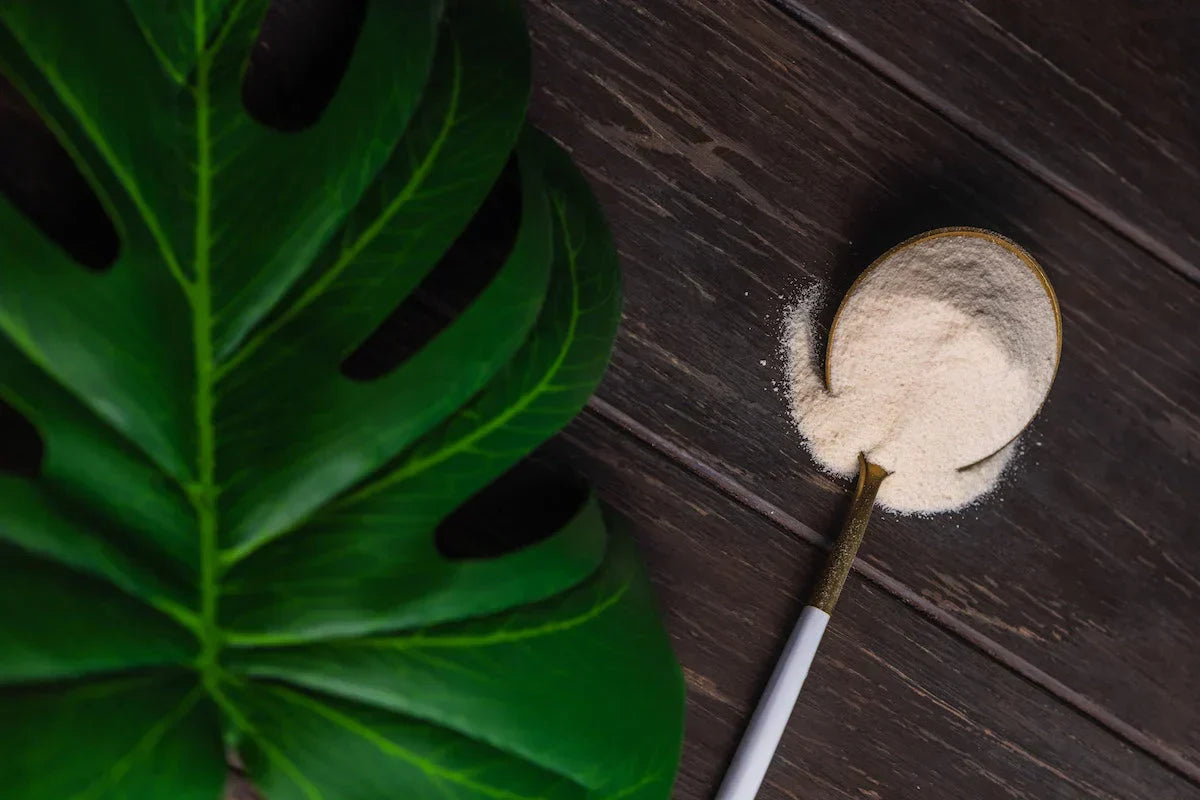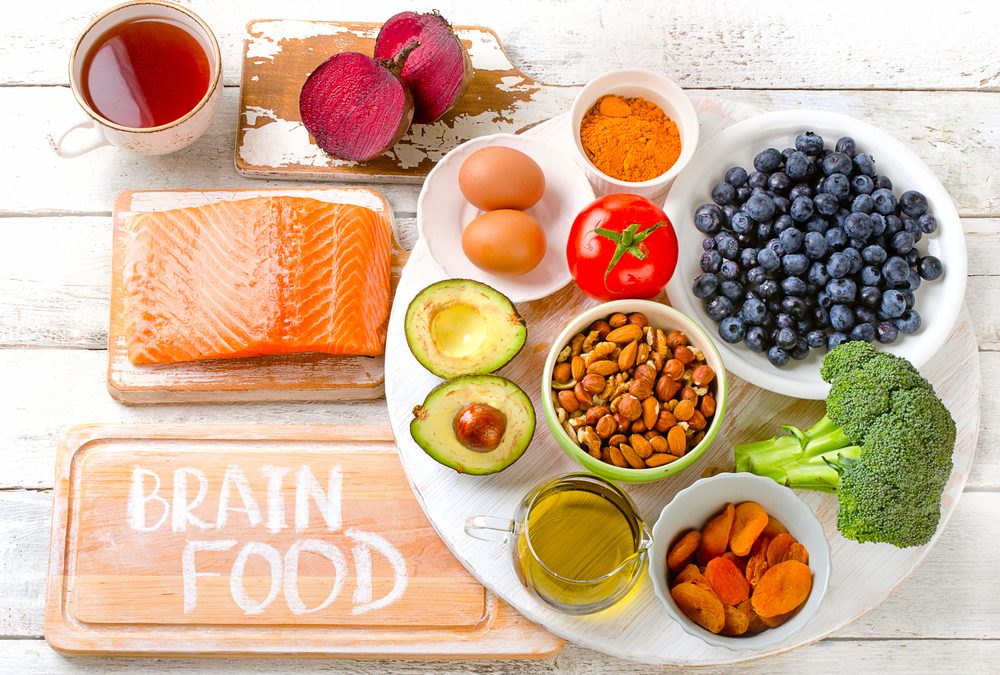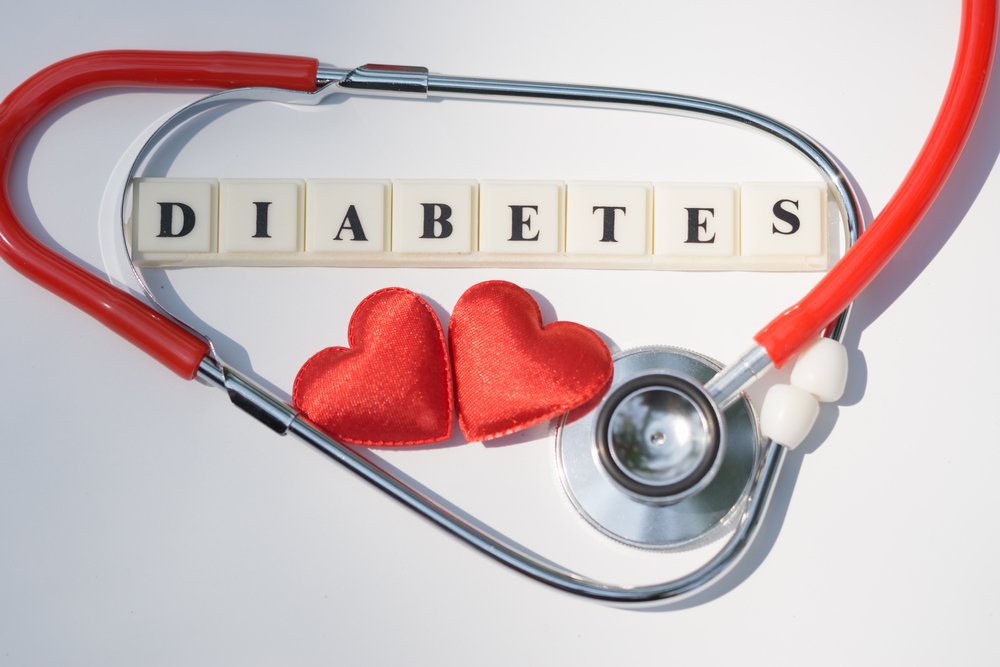Collagen is the protein that gives our skin its firmness, elasticity, and hydration. Making up nearly 70% of skin structure, collagen is often referred to as the skin’s natural “scaffolding.” However, after the age of 25, the body’s ability to produce collagen gradually declines. This reduction leads to fine lines, wrinkles, loss of elasticity, and a dull complexion.
The good news? With the right nutrition, supplements, and lifestyle habits, you can help support collagen levels and slow down visible aging.
Foods That Naturally Boost Collagen
Certain nutrients act as building blocks or protectors of collagen, making your diet an essential part of skin health:
-
Vitamin C – Crucial for collagen synthesis. Found in oranges, red peppers, kiwi, and broccoli.
-
Proline & Glycine – Amino acids that form collagen, present in bone broth, eggs, and chicken.
-
Zinc & Copper – Minerals that aid cell repair and regeneration, found in pumpkin seeds, almonds, and cashews.
-
Antioxidants – Defend collagen from free radical damage. Sources include blueberries, grapes, and green tea.
Should You Take Collagen Supplements?
While food provides the foundation, supplements can enhance collagen support:
-
Hydrolyzed collagen (collagen peptides) is broken down into smaller molecules, making it easier for the body to absorb.
-
Research shows that consistent use for 8–12 weeks can improve skin elasticity, hydration, and overall appearance.
-
Marine collagen is often preferred for skin health due to its smaller particle size and superior absorption.
Lifestyle Habits That Protect Collagen
Collagen isn’t just about what you eat—it’s also about how you live. Simple daily habits can make a big difference:
-
Wear sunscreen – UV rays are a leading cause of collagen breakdown.
-
Avoid smoking and excess alcohol – Both reduce the body’s ability to produce collagen effectively.
-
Prioritize quality sleep – Growth hormones released during deep sleep stimulate collagen renewal.
-
Stay active – Regular exercise improves blood circulation, delivering nutrients and oxygen that support skin and collagen health.
Final Thoughts
Collagen decline is a natural part of aging, but it doesn’t have to dictate how your skin looks and feels. By combining a collagen-friendly diet, smart supplementation, and healthy lifestyle choices, you can support your body’s natural ability to keep your skin firm, hydrated, and radiant for years to come.




